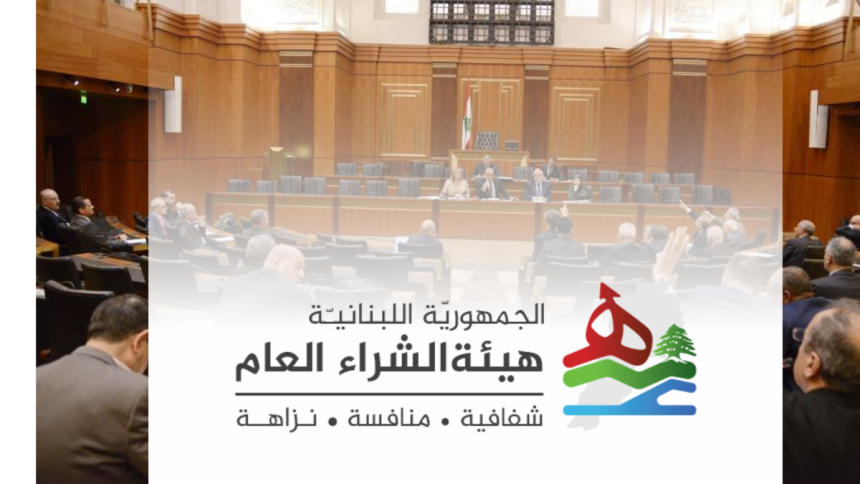LIMS achieved a significant policy victory as the Constitutional Council, on June 6, dismissed the challenge against the Public Procurement Law (PPL) amendments. In Lebanon, LIMS stood out among the few organizations advocating for the PPL’s proper implementation and its subsequent amendments. Spearheading this effort was our program “APPLE C” (Apply Public Procurement Law to End Corruption), specifically designed to enforce the new law and counter the challenges raised against the amendments. APPLE C included the production of a policy paper and three policy briefs, a media campaign and a conference.
In 2022, LIMS took an active stance in promoting the implementation of the new PPL while acknowledging its imperfections and advocating for further amendments. The support for implementing an imperfect law stemmed from the fact that certain laws in Lebanon had remained dormant for over two decades, with ministers avoiding scrutiny. Once the new PPL came into effect, LIMS shifted its focus to advocate for the necessary amendments. During this phase, the issue of municipal elections and the role of municipalities dominated public discourse. LIMS elucidated how the new PPL constrained municipalities’ ability to effectively serve their population. Our February newsletter laid out the core arguments in favor of the amendments, emphasizing the need to address limitations faced by municipalities, such as the absence of contracting and receiving committees, lack of provisions for cases with a single official price set by the government, and the absence of alternative purchasing methods for expenses that could not obtain two offers.
In April 2023, the Lebanese parliament approved the amendments supported by LIMS, but they faced challenges from some Members of Parliament at the Constitutional Council. LIMS campaigned tirelessly to support the amendments and counter the challenge. LIMS’ April newsletter underscored the considerable improvements for the municipalities brought by the amendments. Moreover, the amendments aimed to enhance transparency by mandating the disclosure of beneficial ownership, aligning with local and international calls for reforms in Lebanon.
The Constitutional Council ultimately ruled in favor of the amendments, clearing the path for municipalities to operate with fewer hurdles, promoting transparency through the disclosure of beneficial ownership, and imposing checks on the expenditure of purchasing entities like ministries and public administration. This outcome marked a momentous policy triumph for LIMS and a significant reform milestone for Lebanon.
LIMS celebrated the constitutional council’s decision and issued a new policy brief arguing for the need to establish a unified public register for beneficial ownership now that the amendments are confined. The register would enhance transparency and combat potential corruption by revealing the identities of individuals and companies benefiting financially from public contracts. Lebanon’s compliance with international organizations such as the FATF, OECD, World Bank, and others aligns with efforts to reduce suspicious procurement practices and address money laundering concerns.
- LIMS Exclusive: After The Constitutional Council Responded To The Appeal And To Avoid Classifying Lebanon On The Gray List Of The Financial Action Task Force, The Time Has Come To Create A Unified Public Register of Economic Rights Holders, June 7, 2023: LIMSLB, Article AR
- Economic Landscape | The State Council Accepts The Review Of The Association Of Banks: No Write-Off Of Deposits, June 23, 2023: Al Jadeed, TV Interview AR

